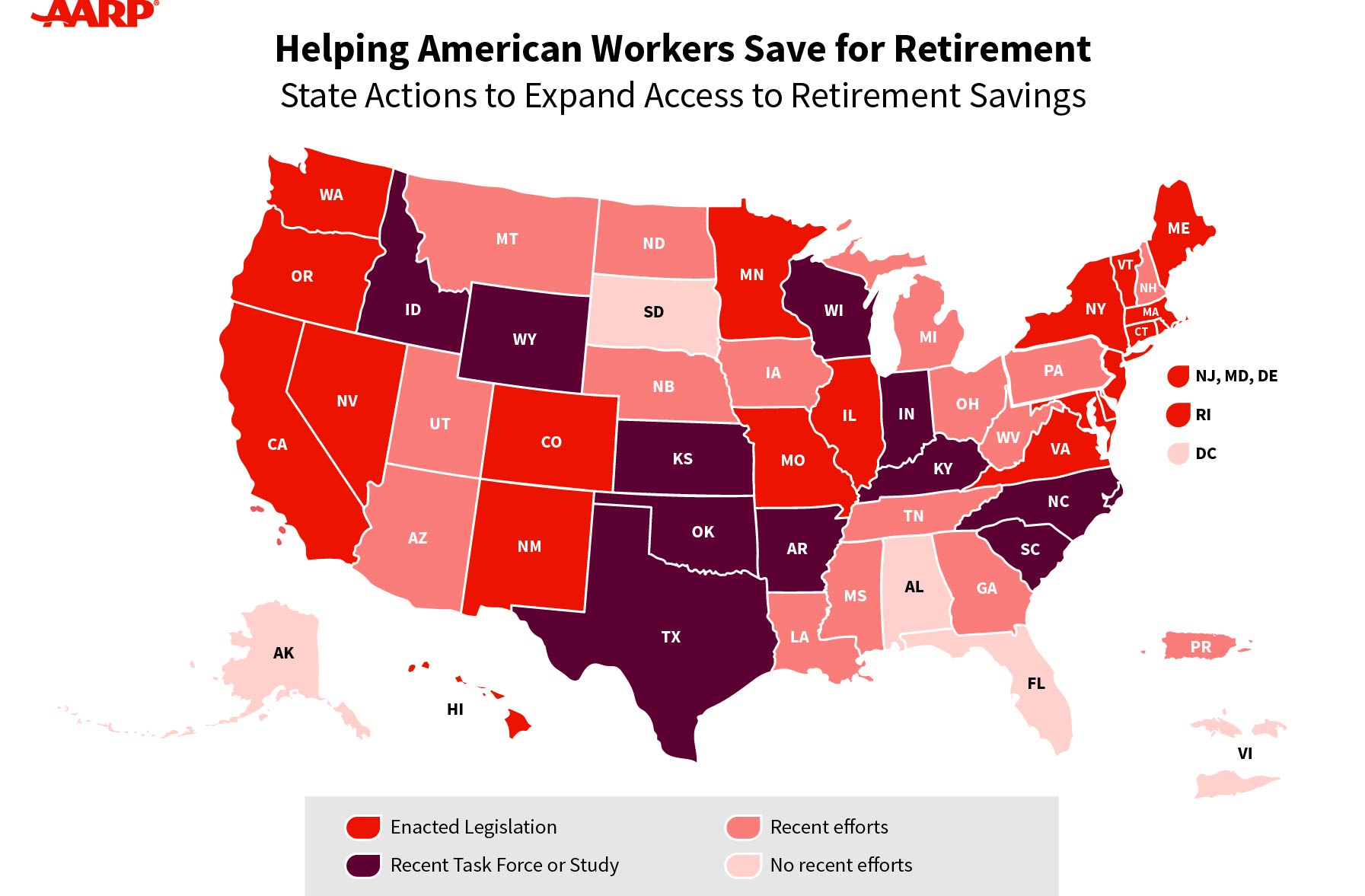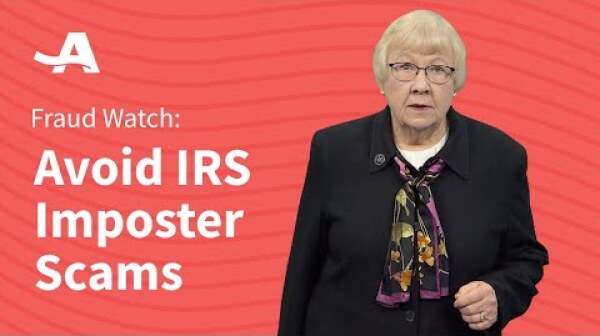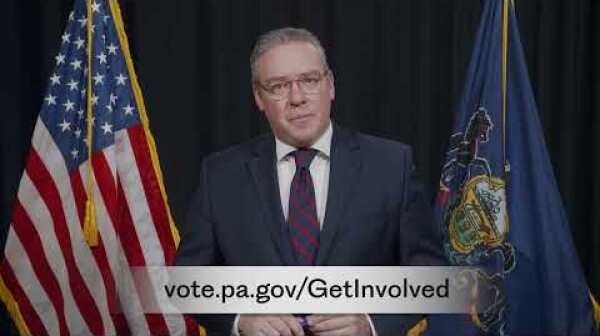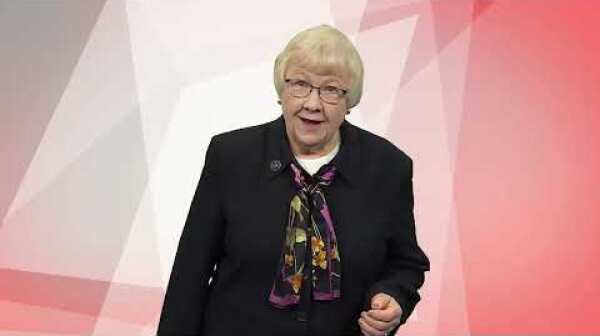AARP Eye Center
CLOSE ×
Search
Popular Searches
Suggested Links
Reimagining the possibilities of life for Pennsylvanians
More than one million private sector workers nationwide are now saving for retirement through state-facilitated Auto-IRA programs — a major milestone in the effort to address the nation’s retirement savings challenges.
These plans help workers whose workplaces do not offer a retirement plan to automatically contribute a portion of their paycheck into a secure retirement savings account.
Despite growing momentum across the country, Pennsylvania does not yet offer such a program.
A new survey from AARP Pennsylvania reveals that Pittsburgh voters 50+ will be the deciding factor in determining the city’s next leader.
Pittsburgh voters aged 50 and older constitute a significant voting bloc that candidates cannot afford to ignore. In the 2021 mayoral primary, voters over 50 made up 57 percent of all voters, and 60 percent of all in the general election.
AARP Pennsylvania commends the reintroduction of the Credit for Caring Act, legislation that would provide financial relief to eligible working family caregivers. The bill, co-sponsored by U.S. Representatives Brian Fitzpatrick (PA-1) and Mike Kelly (PA-16), offers up to a $5,000 nonrefundable federal tax credit to help offset caregiving expenses, addressing the significant personal and financial sacrifices caregivers make to support their loved ones.
AARP Pennsylvania and Philadelphia Chinatown Development Corporation hosted an in-person screening of Chinatown Stories: Philadelphia’s YeShi Night Market, the first documentary episode of AARP’s series on the resilience of Chinatowns across the United States.
Screened at the Crane Center in Philadelphia’s Chinatown, the event was attended by more than 200 residents, including elected officials and influencers throughout the region.
Find free online and in-person local events designed with you in mind. Discover fun exercise classes, healthy cooking demos, helpful workshops, and more.
On March 28th, AARP Pennsylvania joined city leaders, and community partners at the 2025 Vision Zero Conference as they highlighted progress, challenges, and the work still ahead to ensure safe, walkable communities for all. We spoke with many city leaders on hand, including City Council President Kenyatta Johnson, Deputy Managing Director Michael Carroll, City Councilmember Isaiah Thomas, and others.
Gift cards may be a convenient way to celebrate birthdays, holidays or special occasions, but scammers are increasingly using them as a tool to steal money from unsuspecting consumers. AARP Pennsylvania is raising awareness about this fast-growing fraud tactic that cost Americans over $217 million in 2023 alone, according to the Federal Trade Commission.
When Joe Weinkle turned 50 in 1990, his wife gifted him a membership to AARP — a small gesture that would spark a lasting connection. But it wasn't until a few years ago that he decided to get involved as a volunteer.
As tax season nears, AARP Pennsylvania is alerting residents aged 50 and older about a rise in scams involving criminals posing as IRS agents. These fraudsters aim to steal money and personal information by exploiting fear and uncertainty.
Kacey French is a semi-retired architect based in York, Pennsylvania, specializing in universal design and aging-in-place solutions. She is strongly committed to creating sustainable and accessible home environments and serves as the president of CorrellGreen, LLC.
Find upcoming election dates, registration deadlines and voting options in Pennsylvania, such as voting by mail, early voting or voting with a disability.
During the May 20, 2025, primary, voters will elect their neighbors to serve four-year terms as polling place officials, known as Judges of Elections and Inspectors of Elections.
AARP Pennsylvania is warning consumers about the growing threat of phishing scams—fraudulent attempts to steal personal and financial information through emails, phone calls, text messages, and fake websites. With scammers becoming more sophisticated, staying informed is key to protecting yourself.
The AARP-backed bill would require employees of financial institutions to put a hold on transactions if they suspect a person 60 or older is a victim of fraud.
Search AARP Pennsylvania
Connecting you to what matters most, like neighbors do. Find events, volunteer opportunities and more near you.
Sign Up & Stay Connected
Sections
About AARP Pennsylvania
Contact information and more from your state office. Learn what we are doing to champion social change and help you live your best life.

















)

























































